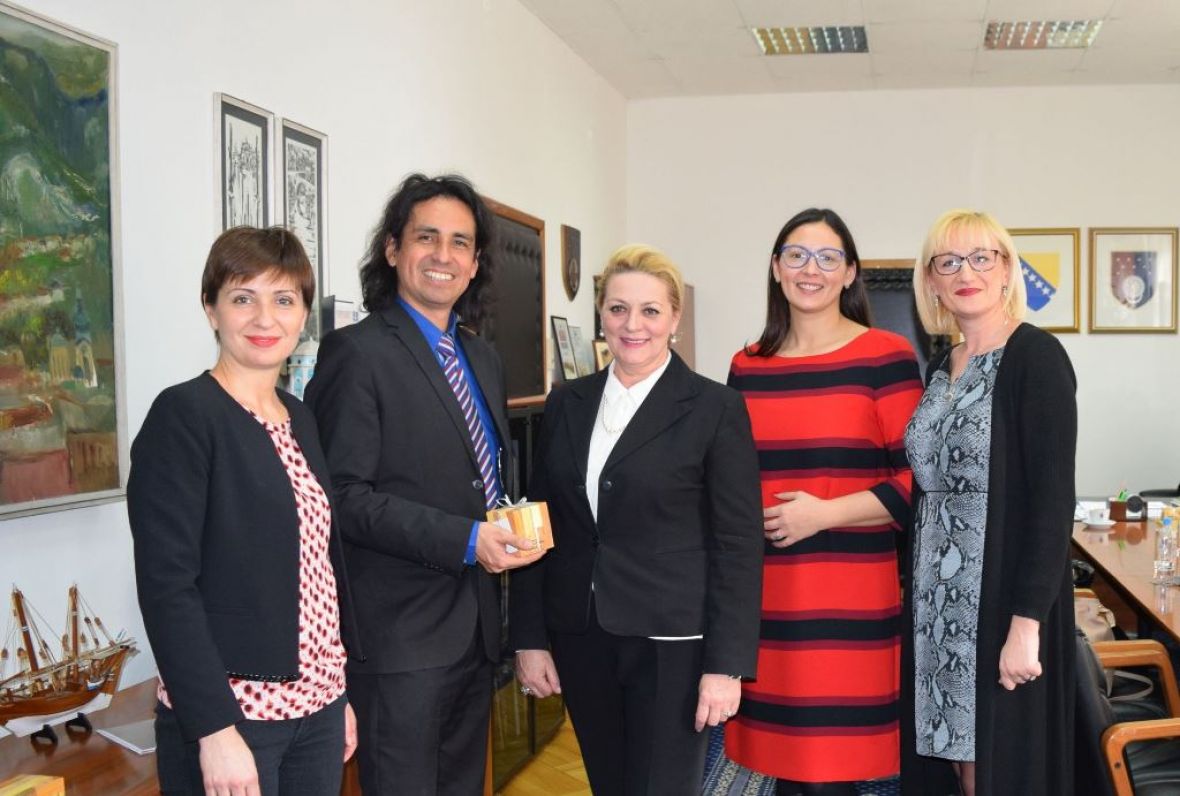
They were also organizing a lot of auditions for emerging singers, especially sevdah singers. Back in the old days, in the eighties, Radio Sarajevo was a good radio station. It’s my preferred media.ĭo they play a lot of traditional stuff on Bosnian radio stations? At home we were really listening a lot to sevdah. I would sing as a child and she would correct me if I was wrong in certain parts. She was actually the one who helped me understand the songs. My mom is totally in love with that music. What sort of musical environment did you grow up in at home? I find this stuff interesting, although they say I am a sevdah singer. I sing some of their songs on my concerts. But I can say that I am the child of New Wave. I sometimes reach for classical music as well it’s very relaxing. So when it comes to the music that was shaping me through my childhood and the later years, it was coming from everywhere. The Beatles were something you had to know I was encouraged to know everything about the Beatles. Aside from that, local bands, like Ekaterina Velika from Belgrade and Azra from Zagreb, Leb i Sol, a brilliant band from Macedonia. He goes his own way, and I really admire him for that. Especially his poems and his way of bringing music to people. I was totally crazy about – I have said this so many times – but I really loved Nick Cave and his writing.

As a teenager I was really into punk, and I still am. Well, besides sevdah, which is really a part of my culture, part of my nature and part of me, I listened to all sorts of music. What were you listening to back then specifically? All sorts of different bands were emerging. Everyone was pushing to achieve his or her place in the music scene. Sarajevo was really very strong when it came to the music scene. Many people said that if you could win over the audience in Sarajevo, you could make it anywhere. Many fantastic bands come from this city and musicians in general. What was Sarajevo like in terms of music before the war? So I am always a Bosnian and a Herzegovinian, whatever that is. But you see, when it comes to the feeling where you belong to, I always say that I am a Bosnian. I have more memories of the sunny days than the winter.Īmira is a Muslim name.
#RADIO SARAJEVO NARODNA MUZIKA WINDOWS#
It was always like that: open doors and open windows when the weather is nice and sunny spilling music. And of course, the music coming from all of the houses. When I think of my childhood I recall the smells, among other things. You walk down the pavement of your block, you can smell the different kinds of cuisine coming from the open windows.

But you can still find the old way, and that’s what I like about it. Not many people who were born in Sarajevo remained here, unfortunately. If you want to have a coffee with a neighbor, you don’t have to call in advance. When I say, mahalle, I mean everyone knows everyone. Still, some of the old things remain, especially in the old part of town. Nowadays it is very different to what it used to be when I was a kid. Growing up in Sarajevo was very special in so many ways. It’s a typical small part of Sarajevo, where all of the houses are so close they are almost attached to each other. What was it like growing up in Hrasno, in Sarajevo?

So it’s sort of like I am being torn between two words. But since this pandemic started, I have been spending more time with my parents here. I live in a small city in Istria, on the coast. Because I have spent most of my time with Brits, you know. That’s what people say about singers they pick up the accents very easily. Yes, it’s because I worked with them for quite some time. You speak with a very distinct British accent. So basically, it was the official language. And before that, I worked for UNPROFOR, and then I worked for the European Commission for twelve years.

I worked for the British military service in Croatia. How did it come about that your English is so perfect?


 0 kommentar(er)
0 kommentar(er)
